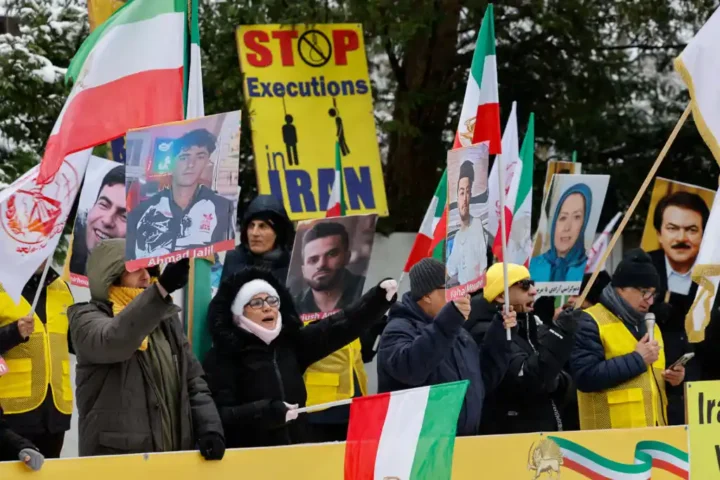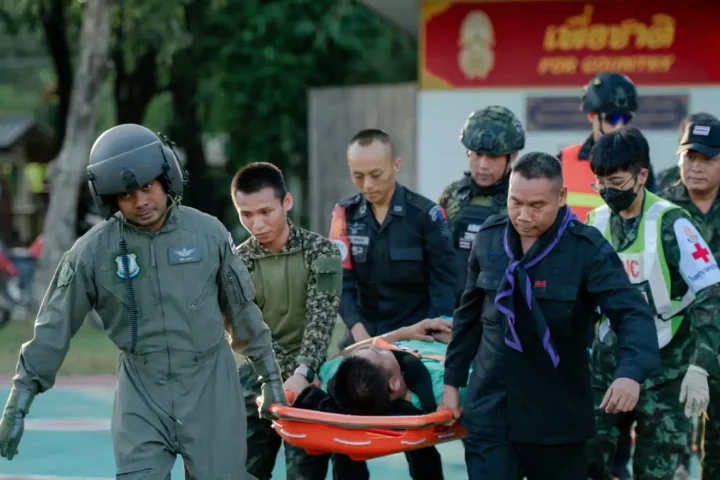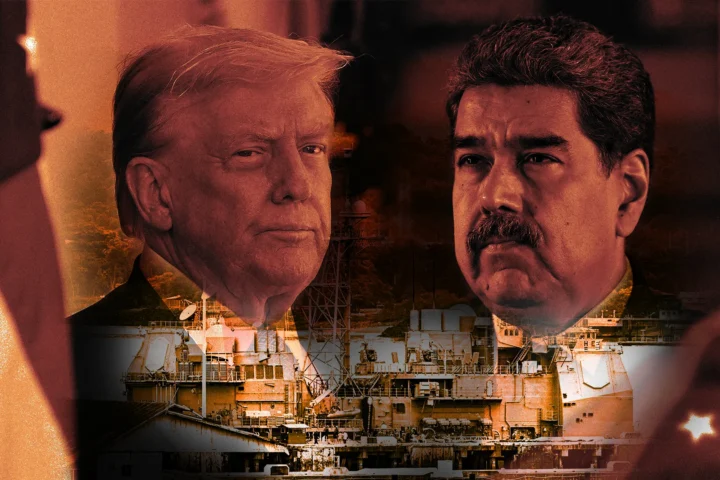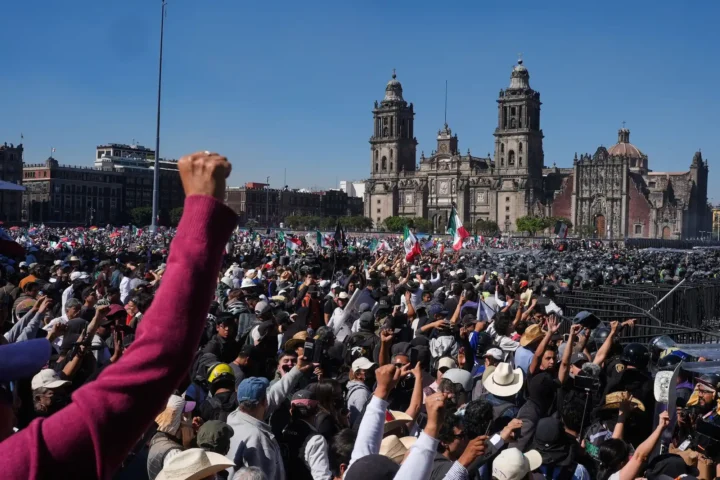A powerful explosion tore through the Shahid Rajaee port near Bandar Abbas early Saturday morning, claiming at least 14 lives and injuring more than 750 people, according to Iranian authorities. The blast, one of the deadliest industrial accidents in recent Iranian history, devastated the region and was felt as far as 50 kilometers away.
The disaster unfolded after a fire ignited in a storage facility containing hazardous chemicals, rapidly spreading to unsecured shipping containers and triggering a colossal detonation. Footage circulating on social media captured the terrifying moments as thick black smoke billowed into the sky, injured workers lay scattered across the docks, and panicked crowds fled the scene. Nearby buildings suffered significant damage, with shattered windows and at least one roof collapse reported.
Emergency services were swiftly deployed, with rescuers working through the day to pull survivors from the wreckage and transport the injured to overwhelmed local hospitals. Officials warned that the number of casualties could rise as rescue efforts continued into the night.
Suspicions of Missile Material Involvement
Preliminary reports suggest that the blast may have involved solid missile fuel. Ambrey Intelligence, a private security firm, pointed to the recent delivery of sodium perchlorate — a critical component in rocket propellants — from China. Witnesses noted a reddish tinge to the smoke, often associated with chemical fires, bolstering concerns that missile-related materials were improperly stored at the site.
While Iranian authorities have not indicated foul play, the explosion comes amid heightened tensions and sensitive negotiations between Iran and the United States over Tehran’s nuclear program, currently underway in Oman. A government investigation into the explosion’s cause is underway.
Strategic and Economic Consequences
The Shahid Rajaee port is a vital artery for Iran’s trade, handling a substantial portion of the country’s imports and exports through the Strait of Hormuz, one of the world’s most critical maritime chokepoints. Damage to the port’s infrastructure could have significant economic repercussions at a time when Iran is already grappling with international sanctions and economic strain.
President Masoud Pezeshkian expressed sorrow for the victims and their families, ordering a full investigation and dispatching the interior minister to oversee emergency operations. As a precaution, all schools and government offices in the area have been closed until further notice.
Oil Facilities Unaffected, but Concerns Grow
Iran’s national oil company reassured the public that key oil refineries, pipelines, and fuel storage facilities near the port remained unharmed. Nevertheless, the explosion has reignited fears about the storage and management of hazardous materials at major civilian infrastructure hubs. Comparisons have already been drawn to the catastrophic Beirut port explosion of 2020, with analysts warning of the dangers posed by lax safety standards.
Investigation and Recovery Efforts Continue
Authorities continue to piece together the sequence of events leading up to the blast. Early indications suggest negligence in the storage and handling of highly flammable substances. Officials have vowed a thorough investigation to ensure accountability and prevent a recurrence of such a tragedy.
As the smoke slowly clears over Shahid Rajaee port, the nation mourns its dead, tends to its wounded, and faces urgent questions about the safety and security of its most vital economic lifelines.











